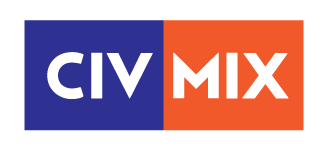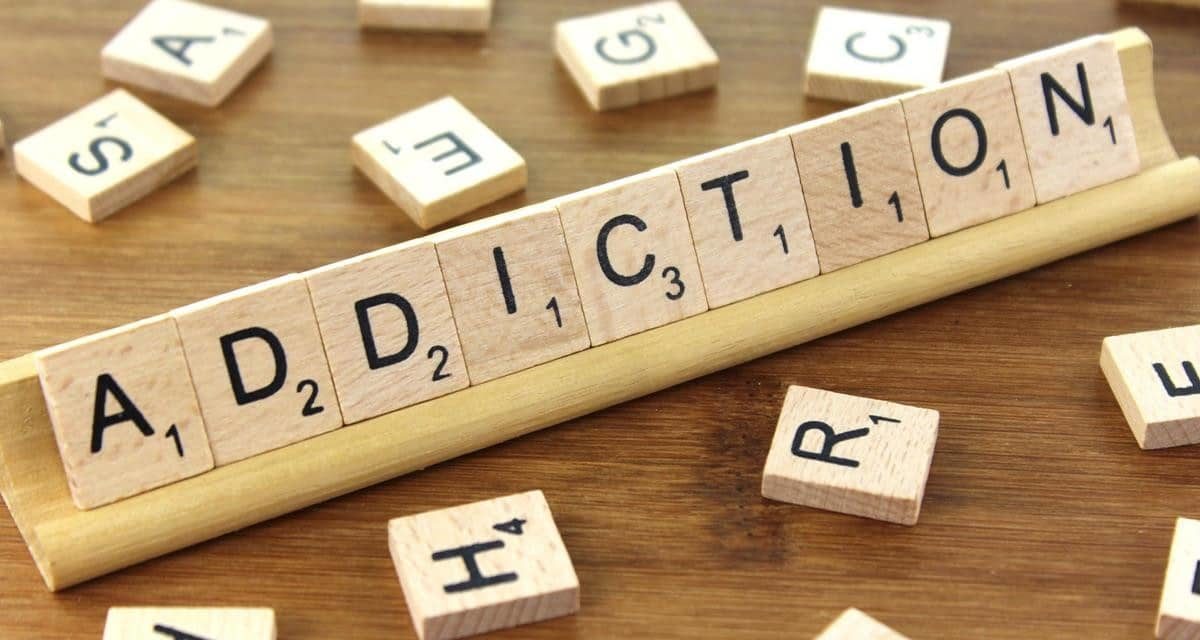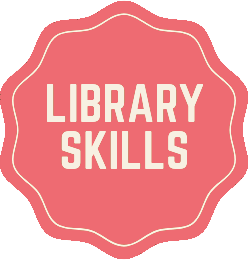I recently deactivated my Facebook account and find myself more content with my own company than I have been for awhile. It’s weird. I wasn’t aware that I was feeling anything less than fulfilled, but this current state of mind I’m rocking is definitely an unexpected bonus of my logging off Facebook.
My decision to stop using Facebook was complicated, with many factors each playing a role. First, I found the algorithm on Facebook to be annoying, showing limited items in my “feed” and frequently repeating them instead of giving me status updates from a broader array of my 1000+ “friends.”
Facebook also was a time suck. Despite having deleted the Facebook app from my phone months ago, I still caught myself checking in via my iPhone’s web browser a few times a day.
Maybe I was looking to see if more of a variety of my friends would appear in my feed.
I began to resent that Facebook is designed to encourage repeat visits, sending updates (if permitted by the user) and notifications to prompt the user to come back for more. Frequently.
I don’t like being manipulated.
The final straw, though, was when I heard about the whistle blower interview and her experiences working at Facebook. This bombshell was quickly followed by the outage across Mark Zuckerberg’s empire which cost him a reported $7 billion and things changed for me. I wasn’t just irritated by Facebook, I was offended.
I was done.
Learning how Facebook and other social media sites create addiction for their own financial gain just disgusts me. I don’t want to support that kind of business, and that’s what Facebook is first and foremost – a business.
Something about the Facebook situation prompted me to recall a notorious amusement park from my childhood, Vernon Valley’s Action Park.
In my early and mid teens, my friends and visited there many times, but as time passed I found myself increasingly less inclined to enjoy many of the rides there. They were too damn scary.
I remember two water attractions which left quite an impression on me. One was a slide which felt very tall when I climbed the stairs to the top for my turn. I don’t recall the bathing suit I was wearing at the time, but I do know that it ended up giving me the ultimate wedgie.
The bottom half of my body wasn’t the focus for me, though, as I slid down that slide. I was simply trying to breath as the water splashed unceasingly in my face leaving me gasping. It was horrible. I truly thought I was going to drown.
The other attraction involved a black corrugated plastic tube, darkness, and eventually a drop into water. I didn’t like that one either.
Whenever I’ve reflected back on those experiences, I’ve concluded that whomever created those “rides” was a sadistic bastard. That person, I was convinced, must have had some data or information about how much the typical person would tolerate before they began hyperventilating or screaming. That’s precisely the place where the attractions were designed to take its riders.
What do social media and a long since closed amusement park have in common? Well, in my mind, it’s their shared goal of providing an overt thrill or sense of excitement, while simultaneously hiding the dangers present below the surface. Additionally, both left me feeling exploited on some level, something I don’t appreciate at all.
Facebook, along with Zuckerberg’s other social media holdings Instagram and Snapchat, manipulate users by making them dependent upon the platform for validation (likes!), information about events which are often promoted exclusively by businesses on social media, and maintaining connections between friends and families. All of this occurs while the app tracks online activity, sells the related data and causing users to be vulnerable to identity theft.
Both Facebook and Action Park were “sold” to people who were, for the most part, just looking for something fun to do. They were each presented as recreational and fun, ignoring the evidence of the dangers involved with participation.
Incidentally, there were six documented deaths at Action Park, along with countless cases of Alpine Slide road rash. I’ve witnessed the latter and it wasn’t pretty. The damage caused by Facebook may be more mental than physical, but when you consider that the platform has 2.89 billion users, it’s obvious that the threat it poses is vast.
Both of these businesses, however, pale in terms of harm done and manipulation when compared to Purdue Pharma. I’ve been watching Dopesick on Hulu and it’s making me increasingly upset – and angry. Very, very angry.
My brother, a now retired ER physician, told me years ago that the pharmaceutical industry is directly responsible for the opioid crisis in our country and Dopesick has convinced me that he was correct. Through the pain chart that asks patients to rate their discomfort, false and misleading advertising, and the creation of medical diagnoses including “breakthrough pain,” OxyContin users were groomed to become addicts for the purpose of profit.
How incredibly soulless is that?

While I understand that the Hulu series is a docudrama, the facts remain clear – the Sackler family and their business, Purdue Pharma, manipulated data, doctors and bureaucratic agencies such as the FDA for the sole purpose of selling their drug and making profits. Their company reported $3 billion in revenue in 2017 alone and the Sackler family personally made (as of 10/2019) between $12 and $13 billion in profits from OxyContin.
That’s a lot of money, right? I wonder how much each life lost to an addiction which began with a prescription for OxyContin earned the Sacklers.
I’m struggling with a country and corporations which repeatedly, and blithely, place personal income and the accumulation of wealth above the wellbeing of human beings.
This is who we are as people and as a civilization? How can the cultivation of addiction be a legitimate business model and will our country ever recover from it’s pandemic of greed and corporate dishonesty? I honestly don’t know the answer to those questions, but I’d say the odds in favor of me revisiting the Kamikaze ride at Action Park are probably greater than those of Mark Zuckerberg and the Sackler family developing a moral conscience..



